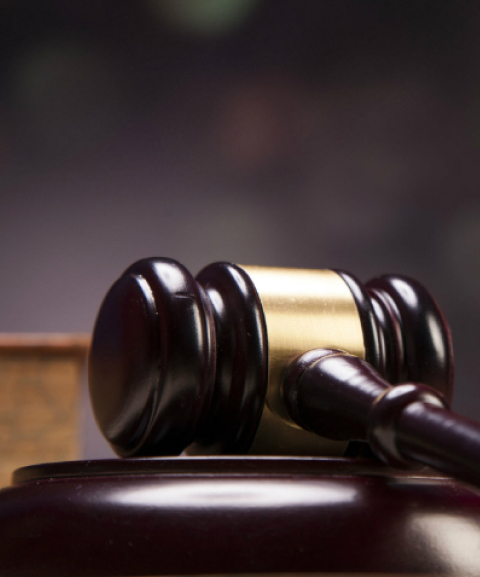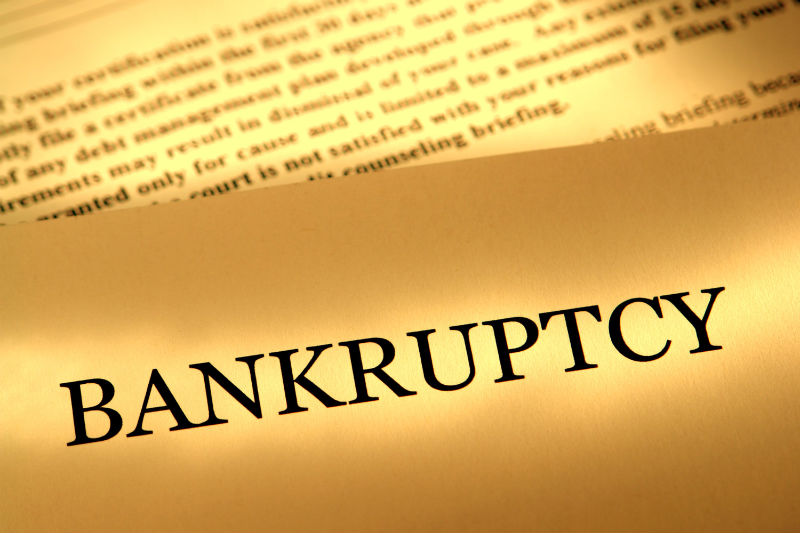 With Chapter 13 bankruptcy, you get to enjoy the benefits of a repayment plan. There is so much to this plan, that you can even get a discharge on the debts, if you can successfully complete the repayment plan. Furthermore, you can also do away with both of your secured and unsecured debts. You can go on making the payments as per the payment plan over a period of 3 to 5 years. If you cannot pay down the debt in full within this period, the remaining debts get completely discharged. The repayment or rather commonly known as the reorganization plan, is designed on the basis of your financial affordability.
With Chapter 13 bankruptcy, you get to enjoy the benefits of a repayment plan. There is so much to this plan, that you can even get a discharge on the debts, if you can successfully complete the repayment plan. Furthermore, you can also do away with both of your secured and unsecured debts. You can go on making the payments as per the payment plan over a period of 3 to 5 years. If you cannot pay down the debt in full within this period, the remaining debts get completely discharged. The repayment or rather commonly known as the reorganization plan, is designed on the basis of your financial affordability.
So, Chapter 13 bankruptcy provides you the option to get a debt repayment plan, which is going to work best for you.
Chapter 13 and suitable repayment plan
Henry Hildebrand III, a Chapter 13 bankruptcy trustee based in Nashville is of the opinion that “Chapter 13 gives you an opportunity to save your house and maneuver around student loans.” In case of Chapter 13 bankruptcy, you get to opt for a repayment plan which best suits your needs. It is the plan which is designed by the bankruptcy trustee and the bankruptcy court. So, all of the creditors are supposed to agree to the plan. They cannot call the debtor for any payment related matters. However, before you can go on to file Chapter 13 bankruptcy, you will be required to go through a credit counseling session. The organization from which you are going to obtain the counseling session, should be a government approved one.
The repayment plan is the one which is used to explain as to how you will be required to make the payments. So, you will get to know how much you will be required to pay every month, against each of the debts. Although, you cannot have any official form on the plan, you can still ask the court to provide you with one. Some courts have designed their own forms, and this can help you in understanding the payment process easily. Like, you will be required to make regular payments particularly on the secured debts.
In general, as per the Chapter 13 repayment plan, you will be required to repay some of the debts in full. Such debts are commonly known as the priority debts and thus, are kept at the top of the bankruptcy repayment plan. Some of the examples of priority debts are the likes of alimony, child support, employee wages if any, some forms of tax obligations and so on.
In order to be eligible for the repayment plan under Chapter 13, you would be required to prove that you can afford to make the payments. Therefore, the bankruptcy court and trustee is going to consider your income and expenses, in order to decide if you can at all manage to make the payments. Even if you are eligible, the payment term too is going to vary depending on your affordability and financial condition. Therefore, you can see that bankruptcy is a complex process. So, it would be better to get the help of a chapter 13 bankruptcy attorney.





